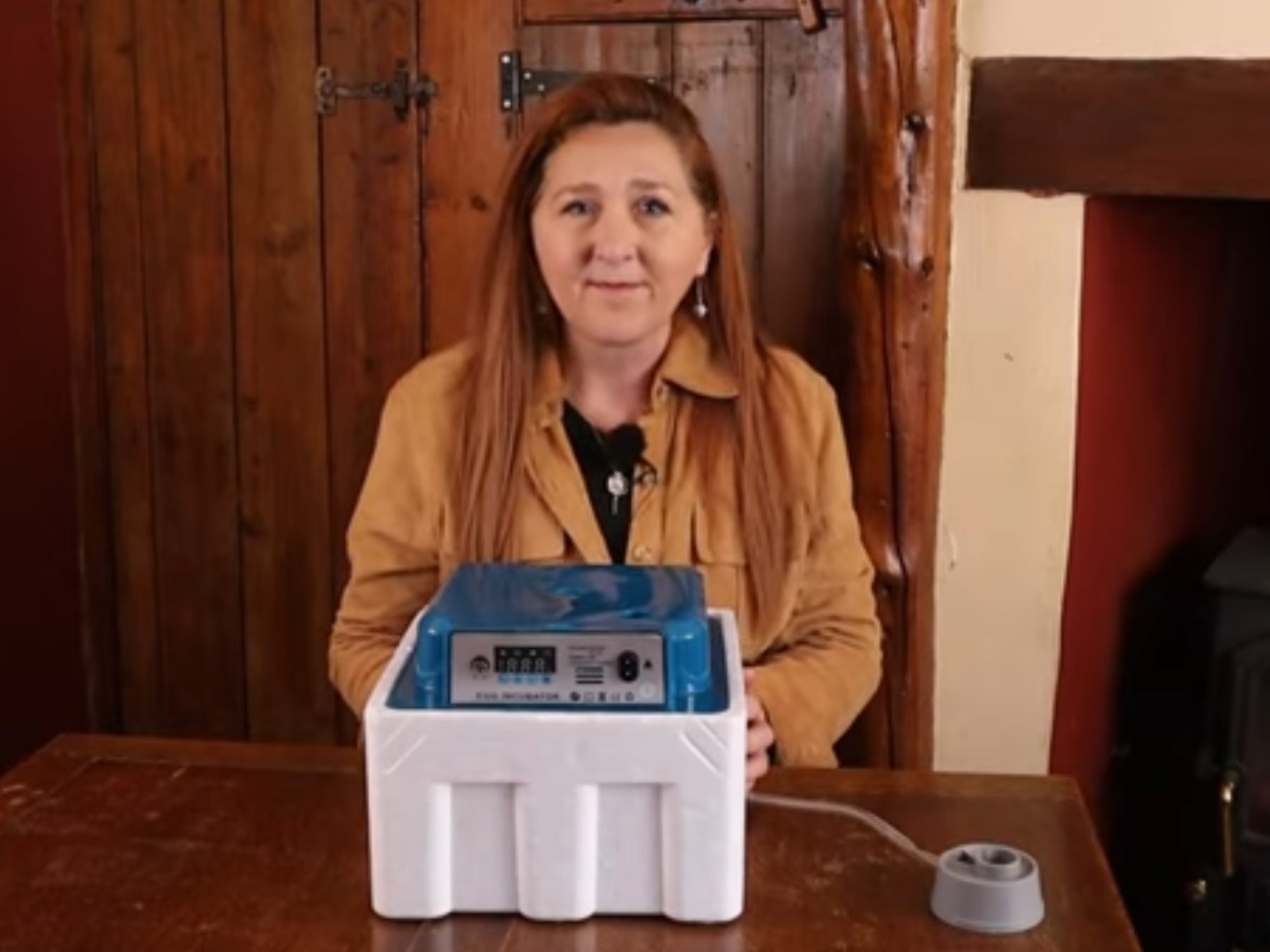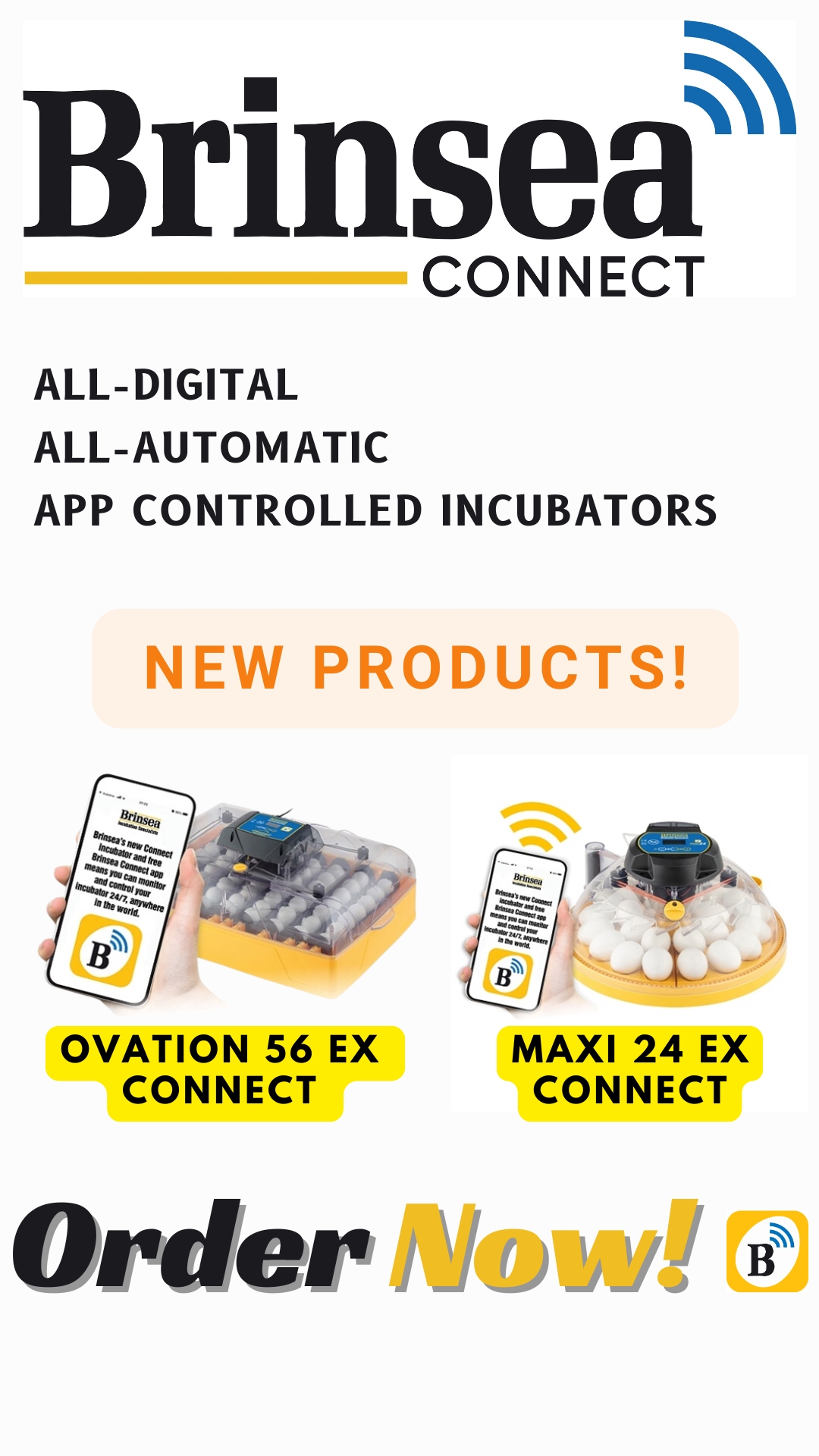Warning: The Hidden Dangers of Cheap Imported Egg Incubators

Buying your first incubator? A $50 – $60 no-name import on Amazon may look tempting, but melted housings, blown fuses—even fires—have been reported in U.S. poultry forums. Hugh & Fiona from English Country Life tore one apart to see what makes these bargain units so risky.
Why Electrical Safety Matters
Incubators combine mains power, heating elements and water—all inside your home and often around children. Poor circuitry or thin plastic can quickly turn a hatch project into a household emergency.
Six Red Flags When You Shop
- Too-good-to-be-true price. Anything way under mainstream brands should raise alarms.
- Missing UL or ETL mark. A molded UL logo means the unit passed U.S. electrical-safety testing. CE/UKCA alone does not cover North-American safety codes.
- No manufacturer address. Federal law requires contact details on the product or in the manual.
- Unbranded seller. If Google can’t find an English-language website with a support phone number, think twice.
- Garbage instructions. Badly translated manuals, no recycling symbols or safety warnings = likely non-compliant.
- Invisible returns policy. Reputable U.S. distributors post a phone number, address and RMA procedure.
Inside a $50 Incubator: What Hugh & Fiona Found
The heating wire sat directly under thin plastic, the power cord had no strain relief, and the tiny DC fan ran un-fused. After six hours the shell warped; at eight, scorch marks appeared. Watch their full breakdown below.
“A missing UL listing isn’t just a paperwork issue—it can literally mean your kitchen catches fire.”
Already Bought a Questionable Incubator?
Unplug it immediately if you notice smell, heat distortion or noisy fans. Contact the seller for a refund, and file a report with the U.S. Consumer Product Safety Commission (CPSC). Many Amazon/eBay vendors respond quickly once a CPSC case number is issued.

